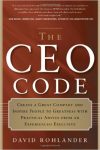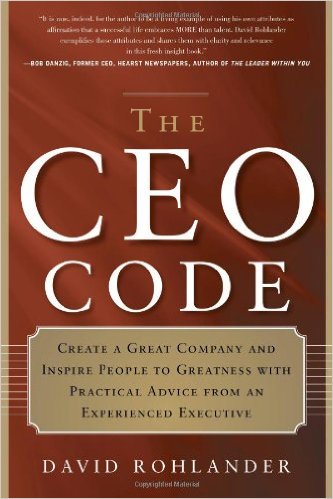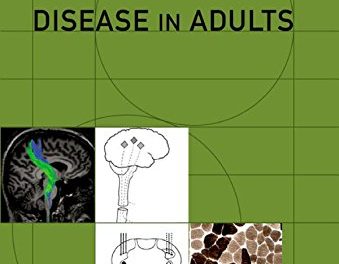 Author: David Rohlander
Author: David Rohlander
Publisher: Career Press – 233 pages
Book Review by: Sonu Chandiram
The only constant in life is change. Nothing remains the same in a person’s life, even as you perceive nothing different on the outside. But if you were to speak to him or her as to what is different between a year ago and now – or even between last month or last week and this month and this week – you will be surprised to learn of the change that occurred, usually for the better.
Some people resist change because they are too comfortable with the present and are worried about the future, while others welcome or even seek change. The good news about change is that it is usually the beginning of something better. So let us be happy about change.
Since life itself is dynamic, and not static, we should seek change and improve our circumstances: our economic well-being, our emotional state, and our social circumstances. Do we not all seek to be wealthier, happier, and have lots of good friends? Of course.
In business, change is not only necessary, it is imperative for progress. It has been said that when we do not grow, we are actually retreating backwards, because other companies are invariably moving ahead of ours, with more revenues, and growing earnings.
In this book, David Rohlander points out the necessity for change, for a company to move ahead and stay (or become) competitive. But the problem with some companies is that oftentimes its leaders are fearful that change may lead to a worse situation. People generally are creatures of comfort. But it has been taught too often that in order to grow, one must get out of his or her comfort zone.
People generally change in one of two ways, the author points out. The first way is when they have a significant emotional event that acts as a catalyst for change. A bankruptcy, divorce, a heart attack, inheriting a lot of money, or even having a baby, causes change in people’s lives.
Many people have changed not only some behaviors but their entire lifestyles after a heart attack.
Formerly obese people for example, have lost a lot of weight, exercise regularly, and are eating healthful, typically low-fat meals.
Some people though, do not change even after undergoing an emotionally impactful event in their lives.
The other way people make significant changes in their lives is by developing a personal insight and making a deliberate decision to let go of their old self-defeating ways and take on new, empowering thoughts and behaviors, with a commitment to improve themselves. “They then engage in a process of education, conditioning, and training to gradually develop and evolve,” David writes. This second way of change is better and more long-lasting than the first one which affects one’s emotions.
This book is on bringing about change in a company through its team members that will significantly improve its financial situation and prospects. What needs to happen for a company to change and grow are: closer communication among employees, execution of its well-defined goals, and overall better performance in its operations. We provide you below an outline of the contents of this book:
- Introduction: How Do People Really Change
- Part I: Communication
- Trust
- Respect
- Understanding
- Empathy
- Resolution
- Part II: Execution
- Action
- Repetition
- Habits
- Attitudes
- Feelings
- Part III: Operations
- Teams
- Delegation
- Systems
- Accountability
- Rewards
- Appendix I: Resources
- Appendix II: Interview Questionnaire
- Notes
- Bibliography
This is an important book on improving people, and company performance, written well by someone who has had many years of experience, lots of expertise, and a keenly developed insight on business, and also on human behavior, exhibiting strengths and weaknesses
Author:
David Rohlander is a mentor, coach, and professional speaker. He has coached partners for Ernst & Young, trained sales teams with Honeywell, and mentored hundreds of CEOs and executives in a wide range of industries.
His unique blend of expertise and experience includes being the founder and CEO of three companies, appointment to Merrill Lynch’s Management Advisory Council, and 208 combat missions as a U.S. Air Force fighter pilot. David earned an MBA in finance from California State University and studied management with Peter Drucker at Claremont Graduate University.







